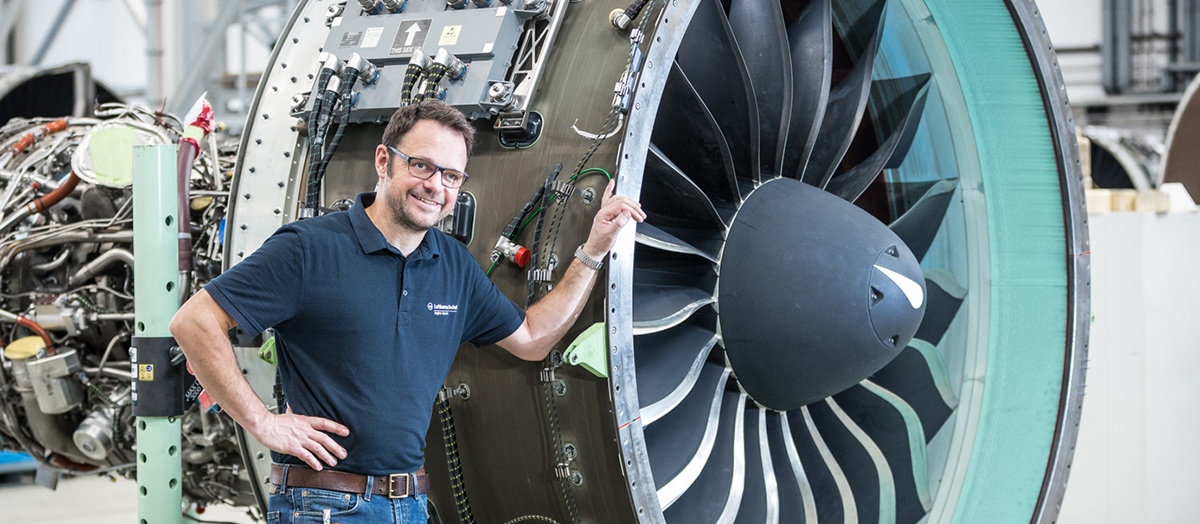At Lufthansa Technik, Continental Engineering Services uses Acceleration Sensors to monitor the transportation of aircraft turbines
Lufthansa Technik is considered one of the world’s most important providers of aircraft-related services and carries out a great deal of maintenance, repair and overhauling of aircraft turbines and engine components at their headquarters in Hamburg. It is therefore quite common for these engines, mounted in transport frames, to be “sent on a journey” from airports all over the world. However, engines are also regularly transported nationally, for example from Frankfurt Airport to Hamburg and back again. During road transport on special air-sprung trailers, these highly sensitive engines are exposed to stress caused by braking maneuvers, potholes etc. without their own oil damping when in their operating state. Lufthansa Technik asked Frankfurt-based development service provider Continental Engineering Services (CES) to provide support on this automotive issue to better understand the physical effects during transport and also to evaluate them.
At the beginning, the basic question was: What happens during transportation of the engines?
CES engineers Ralf Hiller (Senior Engineer Systems Engineering and EE Architecture) and Hans-Christian Enders (Project Leader Business Center Radar) paid particular attention to returning engines already serviced in Hamburg to their destination in Frankfurt. They then fitted the transport frames, into which the motors are placed, with several acceleration sensors.
This should measure and record all impacts on the engines due to loading and unloading as well as during transportation. Furthermore, the journey was tracked using GPS so that any “shocks” occurring during the journey can be assigned to an exact position in the recordings.
When summarizing the investigation, it was found that accelerations that occur during road transport are consistently not critical at all, but were surprisingly higher during forklift movements than during road transport.

Source: GEORGI GmbH & Co. KG Transporte
In addition, the CES engineers used the measurement sensors and discovered that the decoupling device inside the transport frame has a rubber buffer for cushioning, particularly in the case of more severe shocks. Without a functioning decoupling system, enormous forces of up to 40 metric tons can quickly take effect, for example due to stress from the road.

Since costs of up to €2 million have to be estimated for the maintenance of an aircraft engine in some cases, some work is certainly justified for a practical solution. The CES solution therefore envisages that the actual transport rack, which must not be changed due to the specifications of the engine manufacturers, must be embedded in a second, air-sprung rack (CAirS).
The customer was delighted with the approach and project handling of the CES engineers and hoped that cooperation, which focuses on the collaboration of automotive and aviation expertise, continues.
